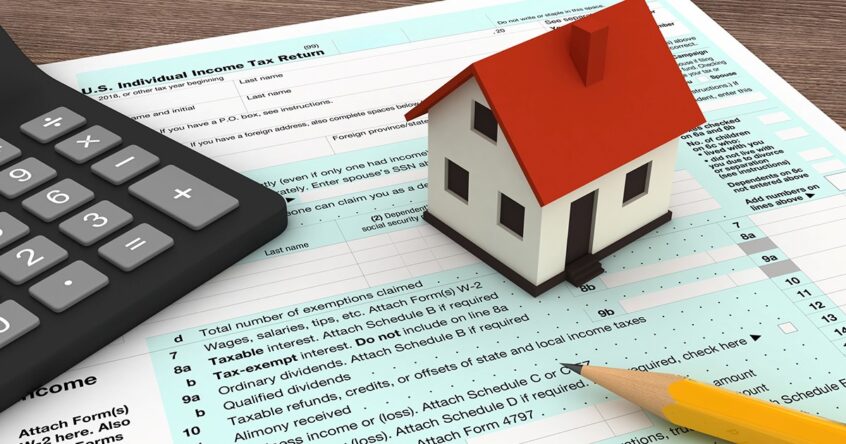
In recent years, home values have soared, presenting an opportunity for homeowners with substantial equity to consider a unique tax benefit.
Section 121 in the IRS code allows for homeowners who meet certain requirements to exclude up to $5000,000 of capital gain on the sale of their principal residence. Single or married taxpayers filing separately can exclude up to $250,0000 of capital gain. Taxpayers must meet the following requirements:
- They must have owned and used the home as a principal residence during at least 2 out of the last 5 years.
- They should not have excluded gain from another home during the two years before the current sale.
- The property should not have been acquired through a 1031 exchange during the past five years.
Capital gain is determined as selling price, less sales costs, less basis in the property which is the purchase price paid for the home plus capital improvements made during the tenure. Capital gains more than the exclusion amounts are taxed at the capital gains rate which varies between 0% and 20% depending on the taxpayers adjusted gross income in the year of the sale.
Some exceptions for divorce, death of a spouse, or military service may apply. For more information, see IRS Publication 523 and download our Homeowners Tax Guide. It is always advisable to seek the counsel of your tax professional for your particular situation.

